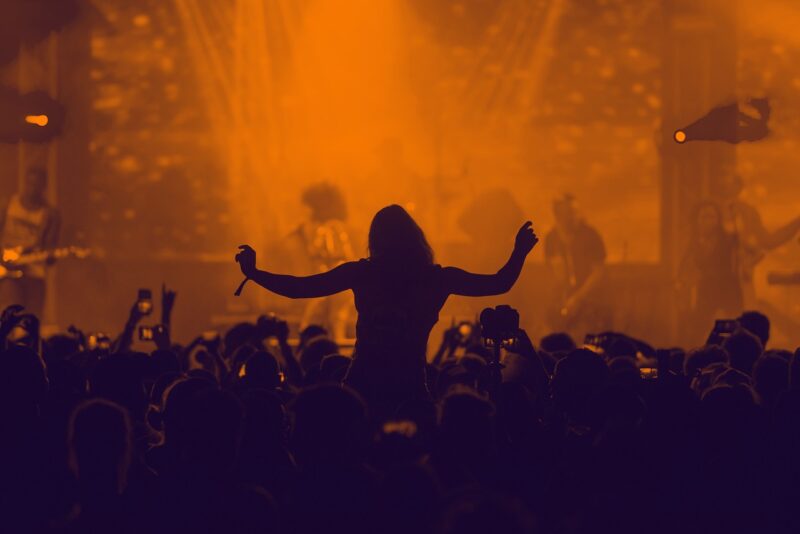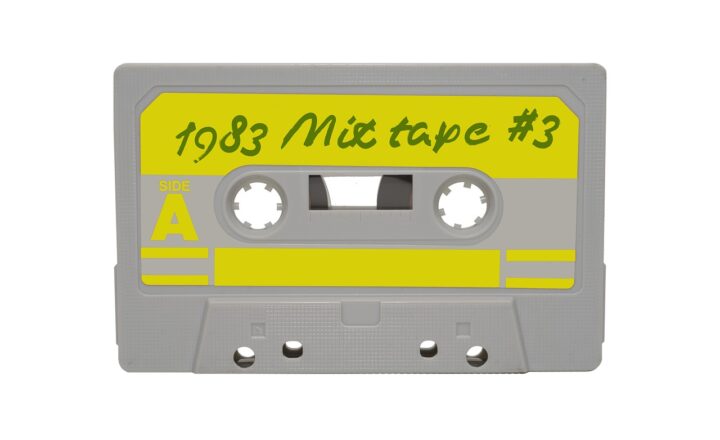
The world of music is vast and varied, and amidst its many forms of expression lies a vibrant and rich tradition: music festivals. These events, often characterized by their joyous atmosphere and communal spirit, have played a significant role in shaping both musical trends and social movements. In this comprehensive article, we will delve into the history of music festivals, exploring their origins, evolution, and profound impact on modern culture.
1. The Origins of Music Festivals
Music festivals can trace their roots back to ancient traditions where communities gathered to celebrate agricultural harvests, religious ceremonies, or cultural milestones. The earliest documented music festivals date back thousands of years, reflecting the intertwining of music with human experience.
The Pythian Games, held in ancient Greece around 586 BC, is one of the earliest records of a formal music festival. Dedicated to Apollo, the god of music, this event combined athletic competitions and musical performances. It attracted competitors and spectators from across the Greek world, establishing a template for future festivals that brought people together to celebrate art and culture.
Similarly, in the Middle Ages, festivals evolved throughout Europe with church-related events, where music played a vital role in religious gatherings. The Feast of Fools in France during the 12th century exemplified the merging of music, performance, and social liberation, laying groundwork for more diverse musical expressions.
2. The Rise of Modern Music Festivals
Fast-forwarding to the 20th century, the modern music festival as we know it began to take shape. The 1940s saw the birth of smaller, organized events featuring jazz and blues artists. The Newport Jazz Festival, founded in 1954 in Rhode Island, became a benchmark, supporting artists like Duke Ellington and Ella Fitzgerald, while attracting large audiences with its engaging atmosphere.
The 1960s heralded an iconic era for music festivals with events like the Monterey Pop Festival in 1967 and the legendary Woodstock Festival in 1969. Woodstock, in particular, became synonymous with the counterculture movement, representing peace, love, and resistance against the establishment during a turbulent time in America. It showcased emerging rock legends such as Jimi Hendrix and Janis Joplin, transforming the festival scene into a launchpad for new musical genres.
As the decades progressed, music festivals diversified in style, expanding into various genres and attracting various audiences. The 1980s saw the emergence of large-scale festivals like Glastonbury in England, which continued to grow in prominence and pave the way for niche festivals celebrating everything from country music to electronic dance.
3. Music Festivals as Cultural Phenomena
Today, music festivals are not simply concerts; they are cultural phenomena that embody significant social dynamics. Festivals like Coachella, Lollapalooza, and Bonnaroo serve as melting pots of culture, drawing attendees from various backgrounds and fostering an inclusive environment.
Festivals have become a platform for social and political expression. Many have incorporated elements of activism, with stages dedicated to social justice issues, environmental sustainability, and community outreach. Notably, Green Stage at the Woodstock Festival aimed to promote environmental topographies and green living practices, creating awareness among attendees.
The impact of music festivals on community is profound, encouraging exploration of local cultures and economies. They drive tourism, supporting local businesses, crafts, and food scenes, enriching the community’s fabric. Additionally, these events offer a unique opportunity for brands to interact directly with consumers through sponsorships, product placements, and partnerships, reflecting a blend of art and commerce.
4. The Digital Revolution and Global Reach
The rise of the digital age and social media has transformed music festivals in unprecedented ways. Online ticketing, streaming, and promotion have changed how audiences engage with these events. Festivals like Tomorrowland have reached global audiences by live-streaming performances, engaging fans worldwide.
Social media platforms amplify the festival experience, with attendees using hashtags to share live footage, creating a virtual community around their shared interests. Festivals also tap into user-generated content for marketing, building anticipation and excitement around their events.
Moreover, the rise of “virtual festivals” during the COVID-19 pandemic highlights the adaptation of music events to meet audience needs. Using platforms like YouTube and Twitch, artists connected with fans, illustrating the vital role of technology in maintaining cultural relevance.
5. The Future of Music Festivals
As we look to the future, music festivals continue to evolve. The environmental impact of large gatherings has prompted many to implement sustainable practices. From eco-friendly merchandise to waste management solutions, festivals are becoming increasingly conscious of their footprint in the face of climate change.
Additionally, the incorporation of virtual reality (VR) and augmented reality (AR) may revolutionize how audiences experience music festivals, allowing for unprecedented levels of interactivity and engagement.
In conclusion, music festivals hold a unique place in our cultural fabric, acting as catalysts for artistic expression, social change, and community-building. From their ancient origins to their modern impact, festivals foster a sense of belonging and creativity that resonates with individuals long after the last note is played. The rich tapestry of music festivals will undoubtedly continue to influence culture and society for generations to come.
Conclusion
The history of music festivals is as rich and diverse as the music they celebrate. As we navigate this ever-evolving landscape, it is essential to appreciate the role these gatherings play in uniting people, shaping trends, and connecting communities. Embrace the experience, be part of the moment, and continue to enjoy the vibrant world of music festivals that enhance our lives in so many ways.






